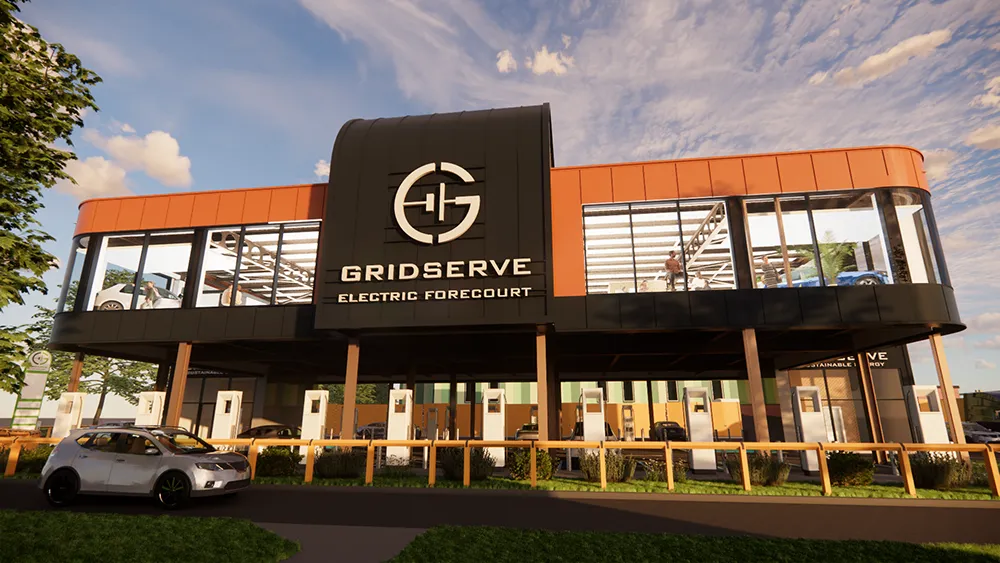Following the completion of the feasibility study commissioned by Highways England into dynamic wireless power transfer technologies, off road trials of the technology needed to power electric and hybrid vehicles on England’s major roads are due to take place later this year.
The trials are the first of their kind and will test how the technology would work safely and effectively on the country’s motorways and major A roads, allowing drivers of ultra-low emission vehicles to travel long distances without
August 11, 2015
Read time: 2 mins
Following the completion of the feasibility study commissioned by 8101 Highways England into dynamic wireless power transfer technologies, off road trials of the technology needed to power electric and hybrid vehicles on England’s major roads are due to take place later this year.
The trials are the first of their kind and will test how the technology would work safely and effectively on the country’s motorways and major A roads, allowing drivers of ultra-low emission vehicles to travel long distances without needing to stop and charge the car’s battery.
The trials are expected to begin later this year following the completion of an ongoing procurement process and are expected to last for approximately 18 months. The trials will involve fitting vehicles with wireless technology and testing the equipment, installed underneath the road, to replicate motorway conditions. Full details of the trials will be publicised when a successful contractor has been appointed. Subject to the results, on-road trials could follow.
Transport Minister Andrew Jones said: “The potential to recharge low emission vehicles on the move offers exciting possibilities. The government is already committing £500 million over the next five years to keep Britain at the forefront of this technology, which will help boost jobs and growth in the sector. As this study shows, we continue to explore options on how to improve journeys and make low-emission vehicles accessible to families and businesses.”
Highways England chief highways engineer Mike Wilson said: “Vehicle technologies are advancing at an ever increasing pace and we’re committed to supporting the growth of ultra-low emissions vehicles on our England’s motorways and major A roads. The off road trials of wireless power technology will help to create a more sustainable road network for England and open up new opportunities for businesses that transport goods across the country.”
The trials are the first of their kind and will test how the technology would work safely and effectively on the country’s motorways and major A roads, allowing drivers of ultra-low emission vehicles to travel long distances without needing to stop and charge the car’s battery.
The trials are expected to begin later this year following the completion of an ongoing procurement process and are expected to last for approximately 18 months. The trials will involve fitting vehicles with wireless technology and testing the equipment, installed underneath the road, to replicate motorway conditions. Full details of the trials will be publicised when a successful contractor has been appointed. Subject to the results, on-road trials could follow.
Transport Minister Andrew Jones said: “The potential to recharge low emission vehicles on the move offers exciting possibilities. The government is already committing £500 million over the next five years to keep Britain at the forefront of this technology, which will help boost jobs and growth in the sector. As this study shows, we continue to explore options on how to improve journeys and make low-emission vehicles accessible to families and businesses.”
Highways England chief highways engineer Mike Wilson said: “Vehicle technologies are advancing at an ever increasing pace and we’re committed to supporting the growth of ultra-low emissions vehicles on our England’s motorways and major A roads. The off road trials of wireless power technology will help to create a more sustainable road network for England and open up new opportunities for businesses that transport goods across the country.”









